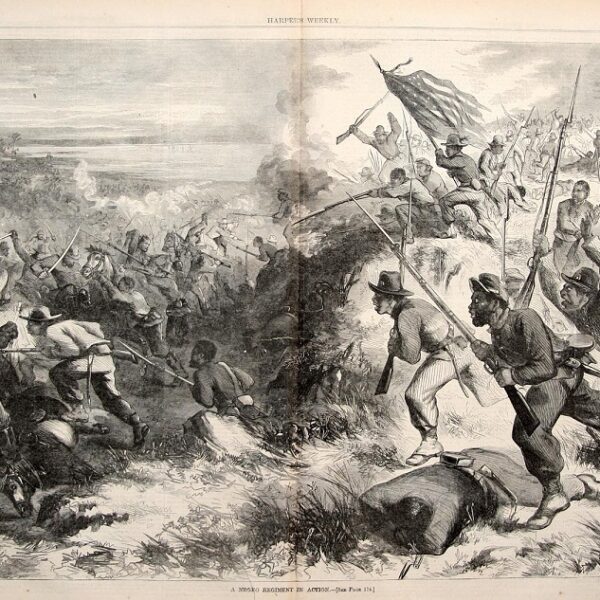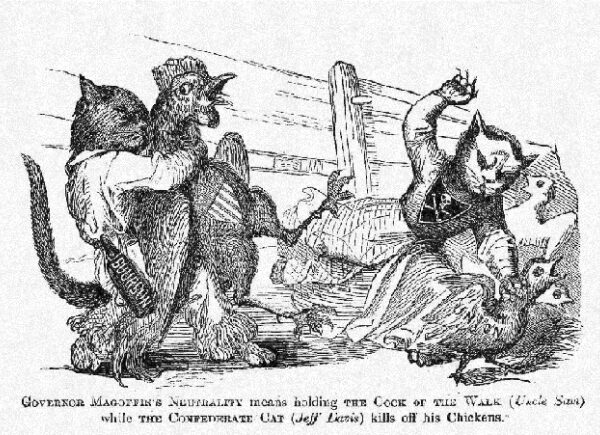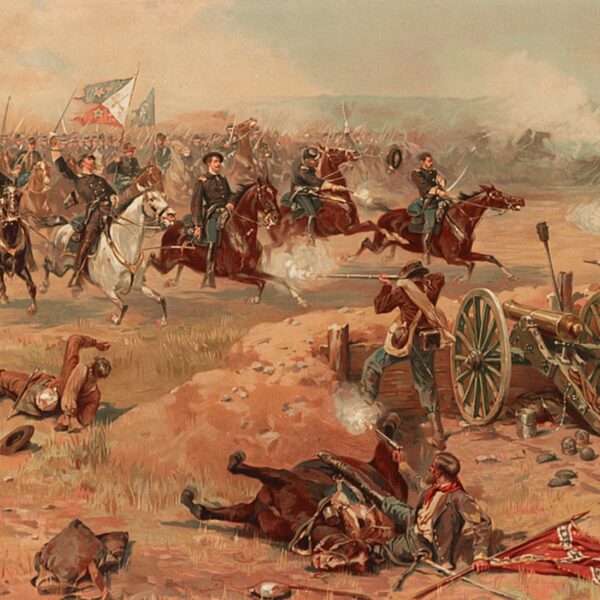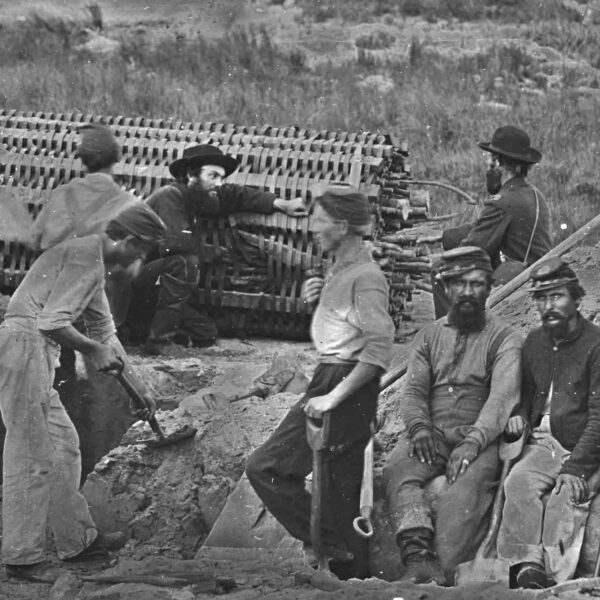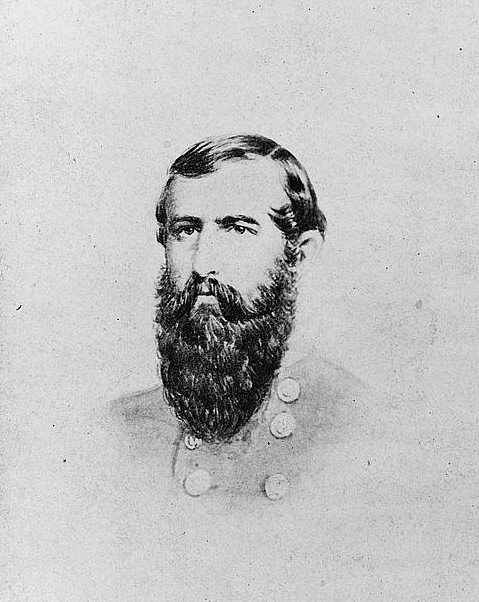
Confederate general John C. Pemberton
In the Voices section of the Spring 2017 issue of The Civil War Monitor we highlighted first-person quotes about some Union and Confederate officers who weren’t much admired by their contemporaries. Unfortunately, we didn’t have room to include all that we found. Below are those that didn’t make the cut.
“Pemberton is either a traitor or the most incompetent officer in the Confederacy. Indecision, indecision, indecision.”
—Confederate surgeon John A. Leavy on General John C. Pemberton after the decisive Union victory at the Battle of Champion Hill, Mississippi, in his diary, May 16, 1863. A few days later, General Ulysses S. Grant would begin the siege of Vicksburg, which would end with Pemberton’s surrender of the strategically vital city on July 4.
“Arriving at City Point, a drunken officer came up to a cluster of our boys and ordered them to stand in due military order. This they did; and he told them to so remain until he returned. They would be there now if they had literally obeyed orders, for that was the last we saw of him.”
—Confederate artillerist Royall W. Figg, in his memoirs
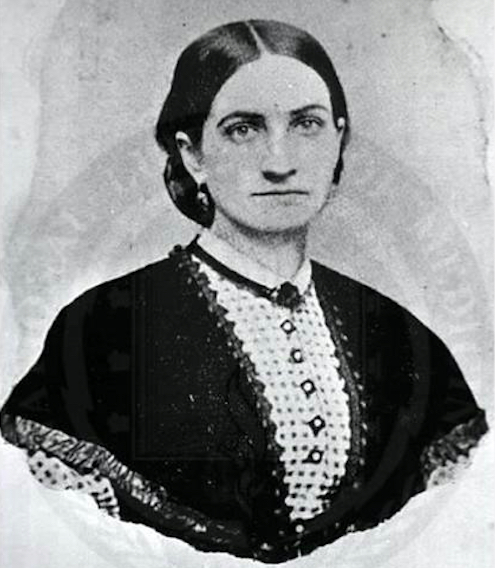
Kate Cumming
“We are raising a regiment of blacks here…. I am afraid they are not commissioning the right material for [its] line officers. Two are to be taken from our regiment, and if we have two men who are good for nothing under the sun, I believe them to be the ones. I know that first rate men have applied for these places, and why they give them to such worthless fellows, I can’t see. I think poor Sambo should be allowed a fair chance, and that he certainly will never get under worthless officers.”
—Charles W. Wills, 103rd Illinois Infantry, while in camp at Lagrange, Tennessee, May 29, 1863
“Have there been no officers, to whose keeping mothers have entrusted their young sons—they promising to guide and protect them; but who, as soon as away from all restraint, forgot all obligations, and took advantage of the position the war had given to them to act the tyrant in a thousand petty ways, inducing many of the men to do what they would otherwise never have thought of?”
—Southern nurse Kate Cumming, reflecting on the fall of the Confederacy in her diary, May 15, 1865
“He was one of a class of men who labor under the astronomical error of thinking the earth cannot move in its orbit nor revolve on its axis without their consent, and who, having a feeling of responsibility for all matters that take place on the land or in the sea, become very wroth when anything happens to mar their beautiful conceit.”
—Charles E. Davis, 13th Massachusetts Infantry, on the colonel of a regiment recently assigned to his brigade, in his diary, August 6, 1863
“He entered at the big end of the horn, with a loud flourish, declaring he would ‘wade in blood to his ears,’ and then in three months came out the little end, from a hole too small to be seen with the naked eye.”
—Massachusetts soldier Austin C. Stearns, on a captain in his regiment, in his diary
“[H]e has been a tyrant to the men since he has been in command of the Regt, and had he lived and shewed himself after our boys got home, in all probability he would have been killed, for he was brutal almost beyond Endurance, at the least provocation he would catch a man by the throat and nearly choke him, the men not daring to Interfere.”
—A soldier in the 109th Pennsylvania Infantry, upon learning of the death of Captain Walter Dunn in a freak boat accident toward war’s end, in his diary
“Lieut. Dawes is here and seems to be like a sheep steeler. His money is run out, and now he keeps sober he is very submissive, but he has repented so often that I have no confadence in him. He will be discharged in a few days, and then I shall be clear of the mean, pucelanamous, low bread, nigerdly, unprincupled drinking sot.”
—James Law, 61st Illinois Infantry, on an officer in his regiment
“Much dissatisfaction exists in the Regiment in regard to some of our officers Some of whom are notoriously incompetent. The Col does not know the difference between file right and file left and is as ignorant of Military Maneuvers as a child.”
—Cyrus F. Boyd, 15th Iowa Infantry, in his diary, August 24, 1862

